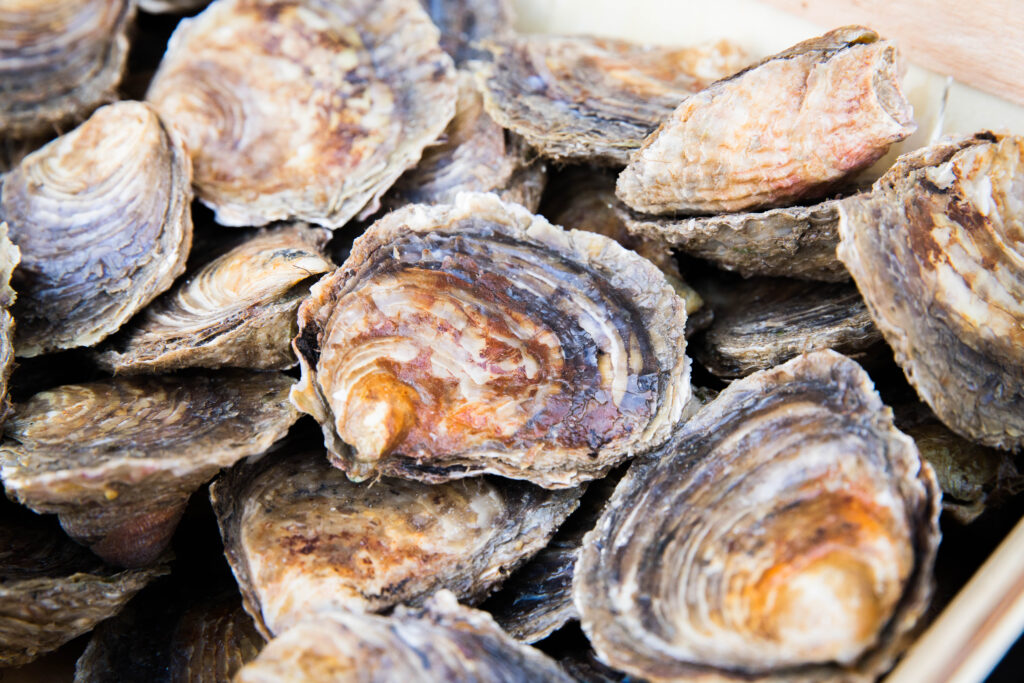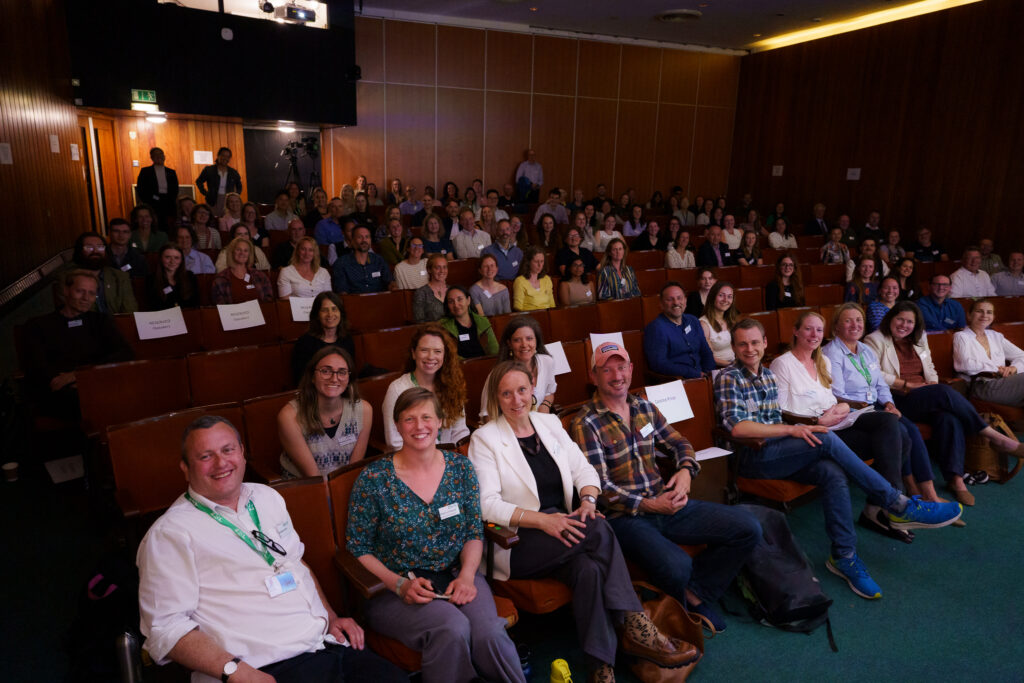
Reconnecting the seascape – Insights from the Seascape symposium II
In June, our member ZSL (Zoological Society of London) held the second symposium on seascape ecological connectivity. This event, “Reconnecting the Seascape”, aimed to shine light on temperate coastal habitats, such as saltmarshes; seagrass meadows, oyster reefs and kelp forests, which can deliver enhanced ecosystem services when considered as a connected habitat mosaic called the temperate coastal seascape.

Organised in collaboration with the University of Portsmouth and the University of Edinburgh, and affiliated with the UN Decade on Ecosystem Restoration, the 2nd Seascape Symposium continued the knowledge exchange initiated during the first symposium, which highlighted that a seascape approach to coastal habitat restoration could result in successful recovery of ecosystem function and provisioning by recognising the ecological connectivity and feedback systems between habitats.
This second symposium aimed to connect experts working across habitats to increase understanding of the ecology, connectivity and interactions between habitats across the temperate seascape, advancing how we assess the benefits from connecting restored habitats, and building a community of scientists, policymakers, and practitioners to deliver collaborative action and achieve restoration at scale.

Explore the symposium proceedings to discover insights into this innovative approach bridging gaps in conservation and restoration approaches which often overlook these key habitats and the crucial need to reconnect them to deliver on nature restoration targets. Recordings of the sessions on YouTube and posters can also be accessed on the symposium’s website.
Wetlands International Europe is committed to safeguarding wetlands and their connectivity from source-to-sea and supports initiatives such as ZSL’s Seascape Symposia. These events and the discussions they enable hold tremendous value for some of our flagship programmes, such as the Trans-European Swimways Programme aiming to conserve and restore the migration routes of European diadromous fish species, or our Mediterranean Programme, which focuses on iconic mediterranean coastal and estuarine wetlands.
Download the symposium’s proceedings here: Seascape Symposium II Proceedings.pdf
